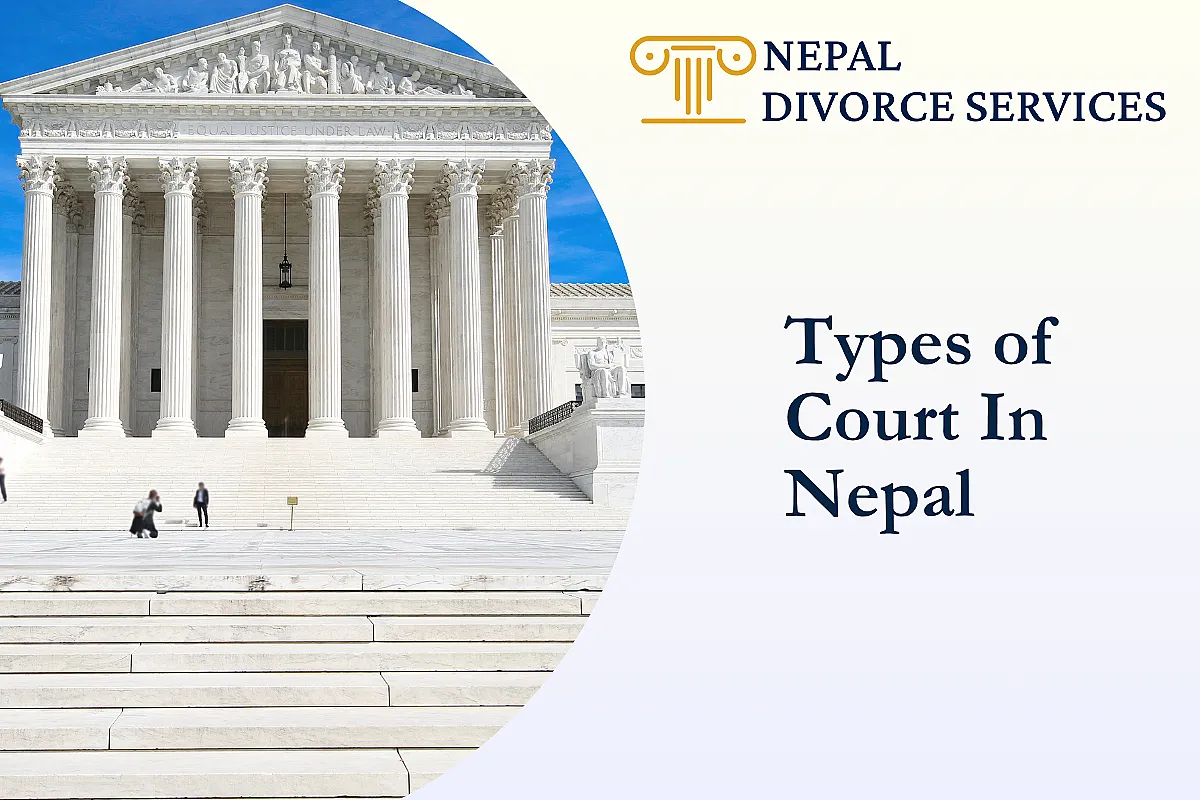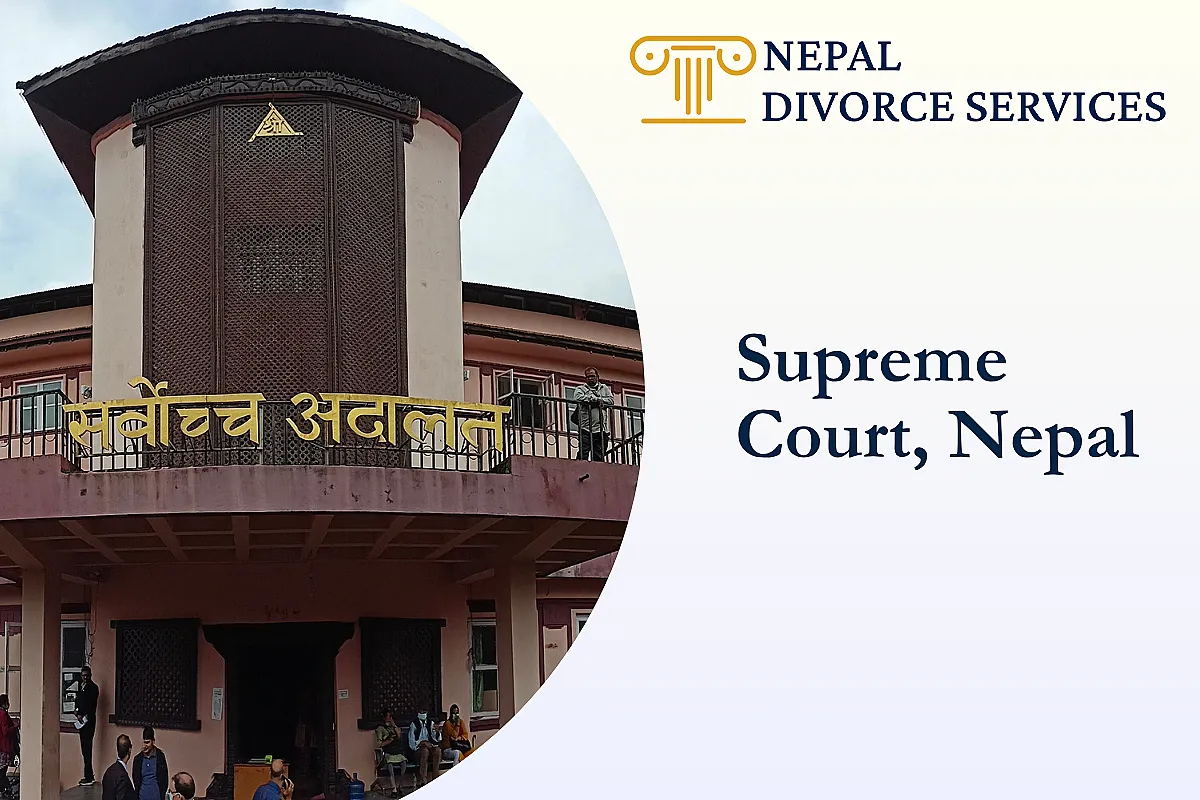Tag : Supreme Court Of Nepal
Types of Court In Nepal
Nepal is a country with a rich and diverse legal culture that reflects its history, geography, and society. The Nepali judicial system consists of various types of courts and judicial bodies that exercise the powers relating to justice by the Constitution, laws, and recognized principles of justice. In this article, we will explore the types of courts in Nepal, their jurisdiction, composition, procedure, and functions. We will also discuss how the Nepali courts handle family-related issues, such as divorce, separation, child custody, and alimony, and how you can get the best legal advice and representation from Nepal Divorce Services, the leading divorce law firm in Nepal.
Supreme Court, Nepal
The Supreme Court of Nepal is the highest court in Nepal and the final authority to interpret and apply the constitution and laws of the country. The Supreme Court also has the power to review and overturn the decisions of lower courts and other branches of government, and to protect and enforce the fundamental rights and freedoms of the people. The Supreme Court plays a vital role in maintaining the rule of law, ensuring justice, and upholding democracy in Nepal. In this article, we will explore the history, composition, jurisdiction, procedure, and functions of the Supreme Court of Nepal.


